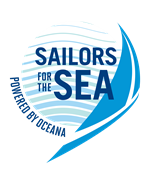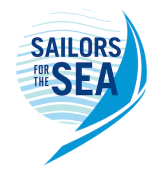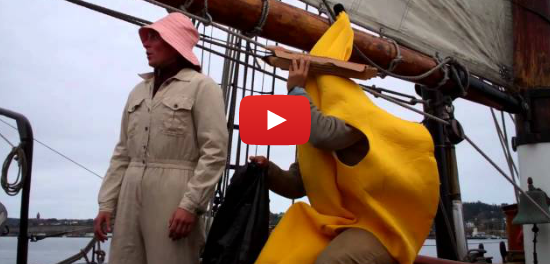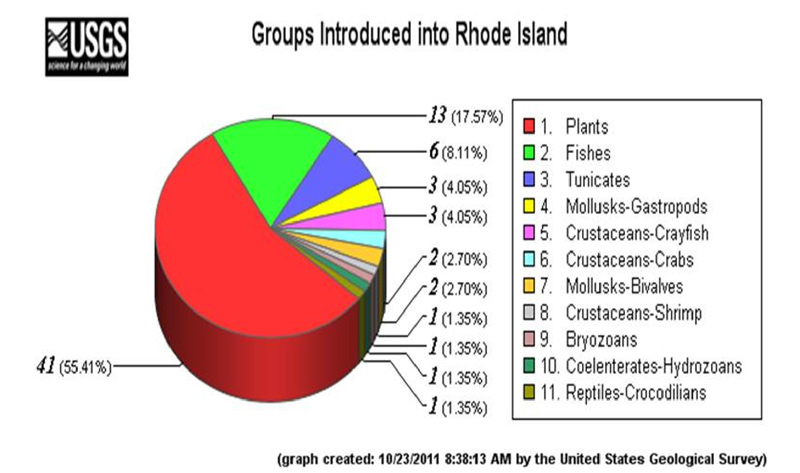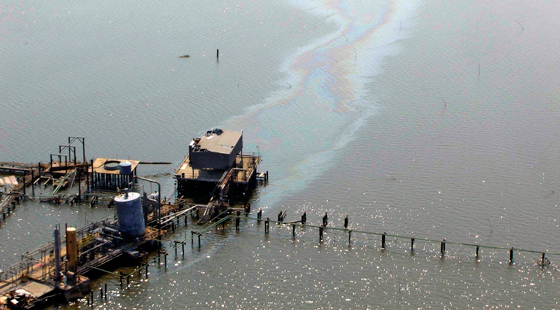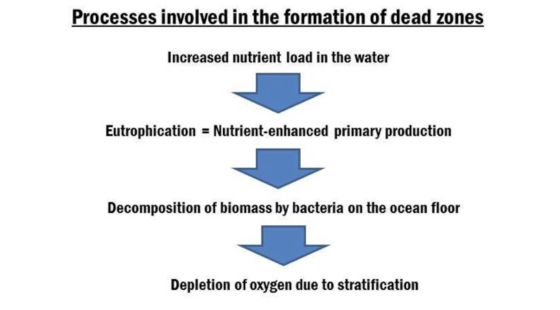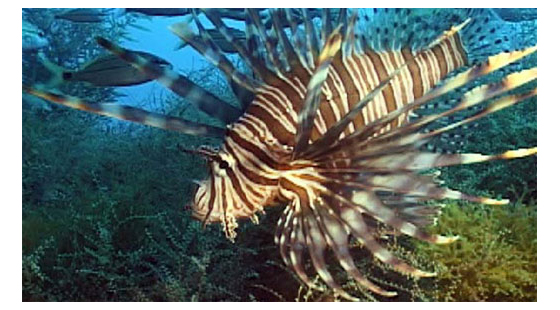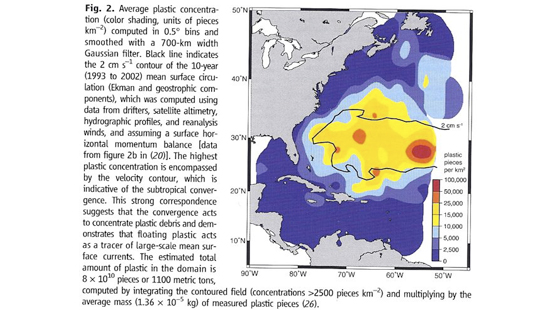Life in the Deep Sea
The deep sea is an extremely harsh environment. It is dark, below 200m the light levels are too low for photosynthesis (the twilight zone), and not a glimmer of sunlight remains beyond 1,000m (the midnight zone). The water is very cold (37-50oF/3-10oC) and consequently has low levels of oxygen. The pressure at a depth of … Read more
